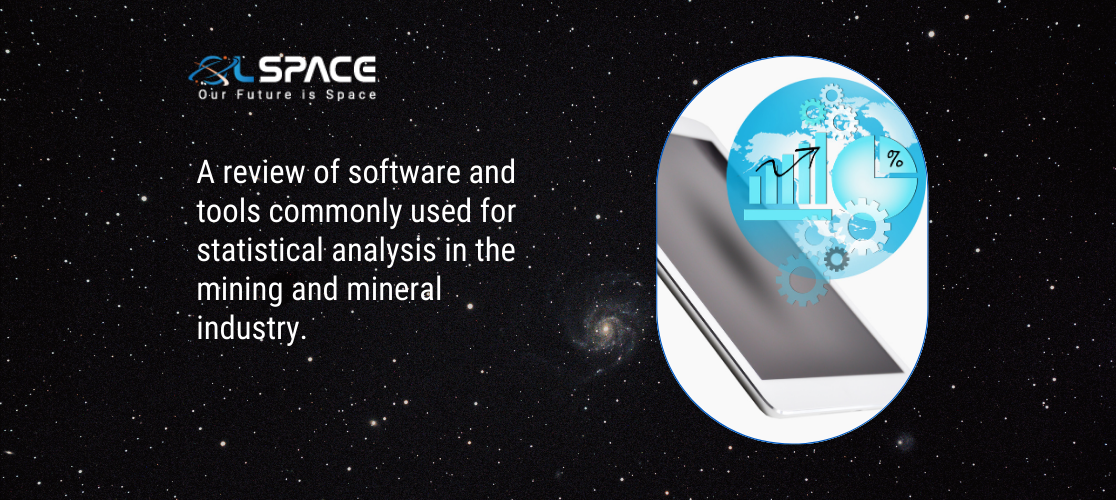22 September 2023
Privacy and Ethical Considerations in Remote Monitoring

Privacy and ethical considerations are paramount in remote monitoring, as this technology often involves the collection and analysis of sensitive data. Whether in industries like healthcare, agriculture, or infrastructure, it’s essential to maintain a balance between the benefits of remote monitoring and the protection of individuals’ privacy and the ethical treatment of data.
Here are key privacy and ethical considerations in remote monitoring:
1. Informed Consent:
Ensure that individuals or entities being monitored provide informed consent. This involves explaining the purpose of monitoring, what data will be collected, how it will be used, and any potential risks.
2. Data Ownership and Control:
Clarify who owns the data collected through remote monitoring and establish mechanisms for individuals to access, modify, or delete their data.
3. Data Security:
Implement robust security measures to protect data during collection, transmission, and storage. Encryption, access controls, and regular security audits are critical.
4. Data Minimisation:
Collect only the data necessary for the intended purpose. Avoid collecting excessive or irrelevant information to minimise privacy risks.
5. Anonymisation and De-identification:
When possible, anonymise or de-identify data to remove personally identifiable information. This helps protect individuals’ privacy.
6. Transparency:
Be transparent about the monitoring process, including what data is collected, how it’s used, and who has access to it. Transparency builds trust and allows individuals to make informed decisions.
7. Data Retention and Deletion:
Establish clear policies for how long data will be retained and when it will be deleted. Retaining data longer than necessary can pose privacy risks.
8. Ethics in Data Use:
Ensure that data collected through remote monitoring is used for ethical purposes and does not lead to discrimination, bias, or harm to individuals or communities.
9. Consent Withdrawal:
Provide individuals with the option to withdraw their consent for monitoring at any time. Respect their choice to discontinue participation.
10. Risk Assessment:
Conduct a privacy impact assessment (PIA) to identify and mitigate potential privacy risks associated with remote monitoring activities.
11. Legal Compliance:
Comply with relevant privacy laws and regulations, such as the General Data Protection Regulation (GDPR) in Europe or the Health Insurance Portability and Accountability Act (HIPAA) in healthcare.
12. Data Governance:
Establish clear policies and procedures for data governance, including roles and responsibilities, accountability, and data stewardship.
13. Bias Mitigation:
Be vigilant about the potential for bias in remote monitoring data and algorithms. Take steps to identify and address bias to ensure fairness and equity.
14. Ethical AI and Machine Learning:
If machine learning or AI is used in data analysis, ensure that models are developed and deployed ethically, with transparency and fairness in mind.
15. Impact on Vulnerable Populations:
Consider the impact of remote monitoring on vulnerable populations and take extra precautions to protect their privacy and ensure their rights are respected.
16. Continuous Review:
Regularly review and update privacy and ethical policies and practices to adapt to changing technologies and evolving privacy concerns.
Remote monitoring offers significant benefits, from improved healthcare outcomes to efficient resource management. However, respecting privacy and adhering to ethical principles are essential to building trust and ensuring that the potential of remote monitoring is realised in a responsible and equitable manner.
